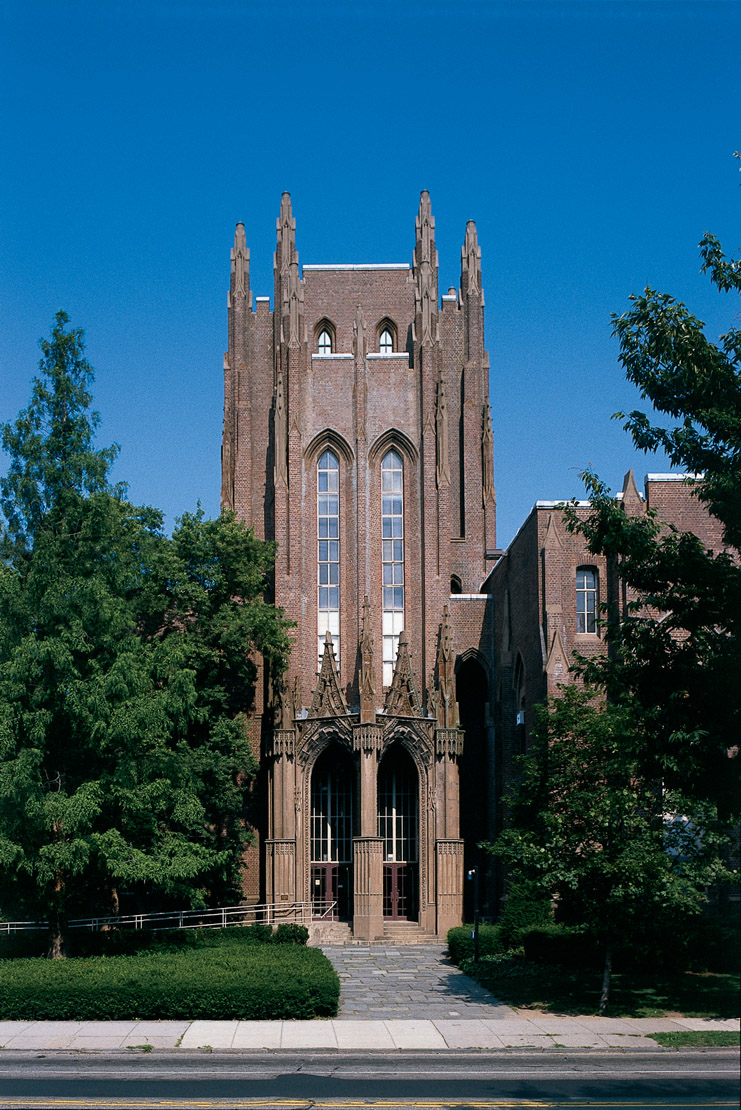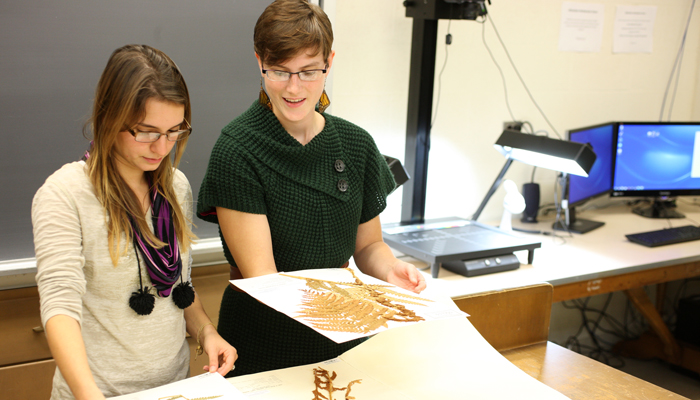RSS Content Feed
Associate Scientist Position at NEON
Overview
The National Ecological Observatory Network (NEON) is a $430 million dollar observatory project dedicated to understanding how changes in climate, land use and invasive species impact ecology. For the next three decades NEON will collect a comprehensive range of ecological data on a continental scale across 20 eco-climatic domains representing US ecosystems. NEON will use cutting edge technology including an airborne observation platform that will capture images of regional landscapes and vegetation; mobile, re-locatable, and fixed data collection sites with automated ground sensors to monitor soil and atmosphere; and trained field crews who will observe and sample populations of diverse organisms and collect soil and water data. A leading edge cyber-infrastructure will calibrate, store and publish this information. The Observatory will grow to 300+ personnel and will be the first of its kind designed to detect and enable forecasting of ecological change at continental scales.
Summary:
Background: NEON Project BudBurst (PBB) staff and researchers from the Richardson Lab at Harvard University are collaborating on a new approach to engage citizen scientists in ecological research that will result in the large-scale categorization and/or annotation of remotely sensed phenological imagery from the PhenoCam network. Part of the proposed effort will include the development of instructional materials and technical resources to enable volunteers to participate easily.
The Associate Scientist develops significant portions of a new website and supporting educational materials that will include tutorials and modules. Modules should be designed to engage diverse audiences in the categorization and/or annotation of PhenoCam images, and to support the submission of additional plant phenology images via mobile devices. Specifically, the Associate Scientist will develop appropriate web-based technologies, applications, and interfaces to support the development of modules and tutorials for use in a pilot project designed to engage citizen scientists in the classification of remotely sensed imagery. This Boulder, CO based position will work in conjunction with NEON EDU and Public Engagement staff and will work collaboratively with a post-doc at Harvard University.
Essential Duties and Responsibilities:
• Assists with organizing and attending an initial planning meeting in order to develop a detailed work plan based on proposed project goals, objectives, outcomes, and timelines.
• Contributes significantly to the design and development of a website interface to support educational and scientific aspects of the project that will include user registration, background science content, protocols, and that will incorporate various aspects of social media as appropriate.
• Contributes to design and development of web-based interface for image classification.
• Designs and develops instructional materials including online tutorials, modules, and incentives.
• Facilitates initial image classification trial with diverse user groups.
• Develops and implements recruitment plan that targets different user needs including secondary educators and their students, informal educators, amateur naturalists, and hobbyists.
• Revises project web-based materials and interfaces, incorporating initial user feedback.
• Contributes to development of virtual PhenoCam network trial.
• Incorporates instructional resources into existing NEON Citizen Science Academy online courses, as appropriate.
• Creates and submits final report with recommendations for future related effort.
• Collaborate with Harvard post doc, and internal departments.
• Follow and participate in the development of NEON safety and Field Operations policy and procedures.
Required Education, Experience, Knowledge, Skills:
• Ph.D. in Science Education, Instructional Design, or Computer Science with a strong UX focus
• Recent PhD graduates may apply.
• Ability to organize and manage project plan and deliverables.
• Ability to balance self-directed work while being an effective member of an interdisciplinary team.
• Ability to communicate effectively while working in a team environment.
• Effective problem solving and analytical skills and ability to be detail oriented.
• Expertise in Microsoft Office suite (Word, Excel, PowerPoint).
• Demonstrated ability to design and develop web-based applications.
• Demonstrated ability to write and edit scientific information for a general audience.
• Ability to work very effectively with diverse teams internally and externally.
• Effective problem-solving skills and ability to effectively apply experience, judgment, and creativity to both short- and long-term challenges.
• Ability to assist in the management of a project, overcome obstacles, and meet deliverable deadlines.
Preferred Education, Experience, Knowledge, Skills:
• Knowledge and understanding of ecology, environmental science, or other related field of science.
• Knowledge of best practices in online citizen science programs including relevant technology for data analysis and visualization.
• Basic knowledge of how to use Dreamweaver, InDesign, Photoshop and/or other design software.
• Ability to use JavaScript libraries (e.g., jQuery,D3) to create web-based interactives and visualizations.
• Ability to use current generation social networking tools (Facebook, Twitter, Flickr) to engage potential participants in project activities.
• Familiarity with multi-media presentation of scientific concepts (e.g. using Adobe Captivate to present information).
Term:
This is a two year term position.
Must have permanent authorization for US employment.
- See more at: http://www.neoninc.org/jobs/EDUAssociateScientist#sthash.anhF9qL3.dpuf
Towards a Consolidated Network of Knowledge on Biodiversity and Ecosystem Services in Europe
INTERGROUP MEETING
Tuesday, 01th of April 2014
Ixelles, Belgium, EU
Full Time Science Educator Position at Bishop Museum
Science Educator – Application Deadline: March 31st.
Full-time position; Monday – Friday, with occasional weekend and evening hours required.
Emphasis on technology support. Present and teach science, STEM and culturally integrated education programs to school groups, sleepovers and the general public at Bishop Museum. Work with the Bishop Museum webmaster to coordinate, edit, and update the Education Department's online resources including the department's new Online Learning Center. Act as technical support for the NASA Celestial Islands Project Online collaboration network. Support technical aspects of program NOAA for Science on a Sphere (a six-foot globe run by computer and lit by video projectors) Work with science education team in developing new programs and refining existing programs. Work with science education team in managing the Science Education docent program. Work with the education team in implementing federal, state and locally funded projects and initiatives. Assist the education team in seeking education grants. Serve as science content resource for the Education Department in conjunction with !
other educators.
QUALIFICATIONS
Must be able to handle multiple projects and maintain composure. Excellent presentation skills required; public speaking experience required. Experience in informal science education (museum, zoo, etc.) highly desired. Experience in formal education (i.e. classroom teaching) highly desired. Proven experience in the development and implementation of educational programs and presentation. Must have strong writing skills; experience in writing grants is highly desired. Familiarity with media presentation applications desired. Must have strong organizational skills. Must be flexible, patient, and diplomatic. Must be able to work weekends and evenings as needed. Strong team member skills necessary.
Hours: Full-time
Salary: $32,200-36,800 ( Please note this is the salary range with current Bishop Museum 8% furlough already applied)
Deadline to apply: March 31st. Applications will be considered as they are received. Applicants are encouraged to apply ASAP.
To apply for this opportunity, please go to:http://www.bishopmuseum.org/hr/
and select Science Educator.
Fossils, Seeds, and Space Rocks: Improving the Management of and Access to the Nation’s Scientific Collections
In a memorandum released today, OSTP Director John P.
Digitizing Source Materials Workshop: A Step Toward Best Practices
 The source materials associated with biodiversity collections often contain the most complete and sometimes most accurate descriptions of localities, collecting events, and even the collection objects themselves of any extant documentation.
The source materials associated with biodiversity collections often contain the most complete and sometimes most accurate descriptions of localities, collecting events, and even the collection objects themselves of any extant documentation.
IDigBio Initiatives for Small Natural History Collections
 iDigBio participates in several initiatives designed to serve, support, and connect small natural history collections.
iDigBio participates in several initiatives designed to serve, support, and connect small natural history collections.
SPNHC 2014 Small Collections Symposium - Call for Presentation Abstracts
We are pleased to announce that iDigBio and the Small Collections Network (SCNet) are organizing a symposium at SPNHC 2014 entitled Recruiting, Retaining, and Supporting Small Collections in Digitization Initiatives: A Call From the Small Collections Network (SCNet). The symposium is scheduled for Wednesday, 25 June and will focus on strategies for recruiting, retaining, and sustaining small collections within local, regional, national, and international digitization initiatives. The program will include a report of findings from a community survey of small collections as well as outcomes from the small collections workshop to be held at Central Michigan University USA, 7-10 April. Those who would like to contribute to this symposium are invited to submit a presentation abstract addressing one or more of the following themes, or an alternate theme. Talks are anticipated to be 20 minutes long, inclusive of 5 minutes for questions. Our goal is to create an international dialog centered on issues related to curating, digitizing, and managing small collections.
Currently envisioned themes include:
1. the importance of small collections data to national networks of biodiversity data repositories,
2. data-driven research underscoring the significance and contributions of small collections to biodiversity research and/or to the training of undergraduate and graduate students,
3. the role of intra- and interdisciplinary collaboration in sustaining and growing small collections,
4. recommended or best practices for initiating and sustaining digitization in small collections,
5. current initiatives targeted at the support of small collections,
6. the role of larger collections in sustaining smaller collections,
7. issues, challenges, and methods for resurrecting orphaned collections, and
8. the role SCNet might play in sustaining small collections.
Proposals and abstracts may be submitted at: http://tinyurl.com/RecruitingRetainingSymposium.
For further information, contact the organizers of this symposium: Gil Nelson (gnelson@bio.fsu.edu) or Anna Monfils (monfi1ak@cmich.edu).




